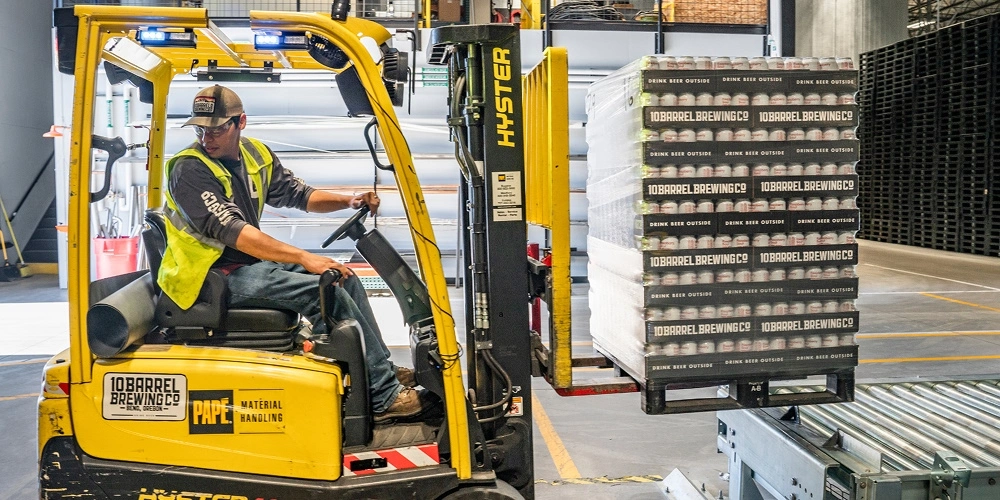Table of Contents
Join our
Mailing List
Stay up-to-date with BREW MOVERS latest news and service offerings.
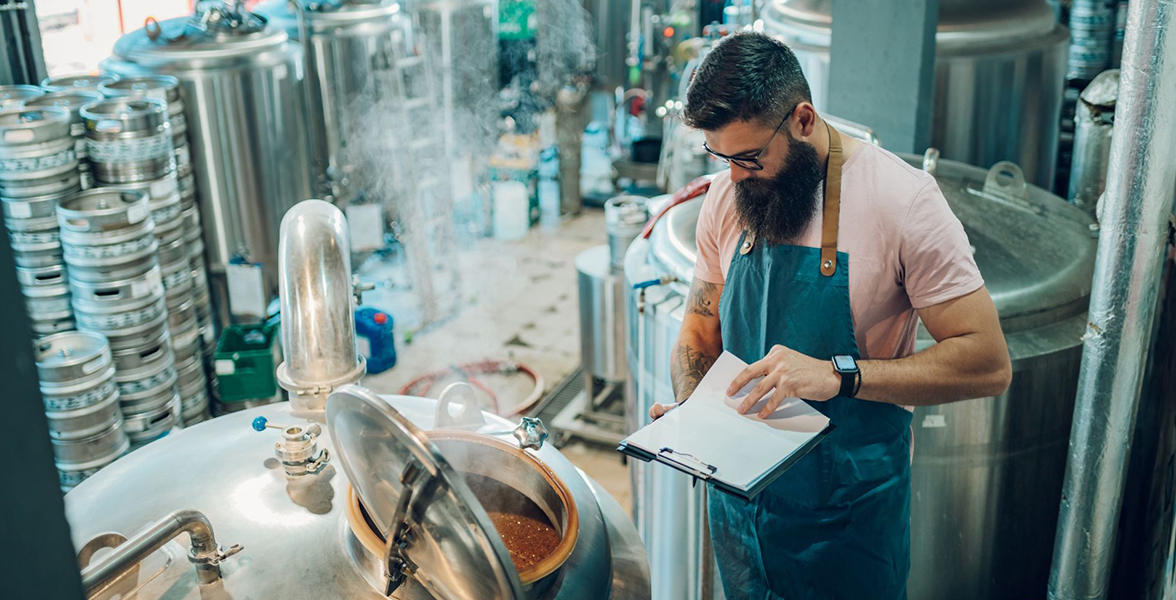
How to Start a Beverage Company
Published Date: 27 November 2024
The beverage industry is a booming, trillion-dollar market with no signs of slowing down, with an anticipated annual growth rate of 2.53% between 2019 and 2026. In other words, it’s the right time to start a beverage company. Whether you’re crafting artisanal beverages or scaling an unexpected hit for mass market consumption, the opportunities are endless.
From developing your idea and calculating costs to creating a meticulous business plan and launching with impact, this blog will take you through the essential steps and help you learn how to start a beverage company. Get ready to turn your passion for refreshing drinks into a profitable business!
Understanding the Beverage Market
Before you even start thinking about recipes, production, or how to start a drink company, you need to learn more about the beverage market. Thorough research is the compass you should use to identify gaps, opportunities, and emerging trends that can shape your beverage company’s success.
- Analyze Existing Products: Examine the current options in the beverage market, and identify the dominant categories, underserved segments, and emerging drink business ideas, trends, and flavor profiles you can tap into.
- Identify Your Niche: Based on your beverage business market analysis, determine your niche within the industry—health drinks, artisanal sodas, craft beers, or innovative non-alcoholic options.
- Assess the Competitive Landscape: Research the direct competitors of your beverage startup. You can learn a lot from analyzing their products, pricing strategies, beverage formulation, and marketing efforts. What strategies can you implement for your own brand? What will you do differently?
- Conduct Surveys and Focus Groups: Gather feedback from your target audience through surveys, focus groups, or online polls. This input should inform your product development and drink marketing strategies.
- Analyze Social Media and Online Reviews: Monitor online reviews and social media posts to better understand consumer impressions, determine your most popular products, and gauge reactions to new releases.
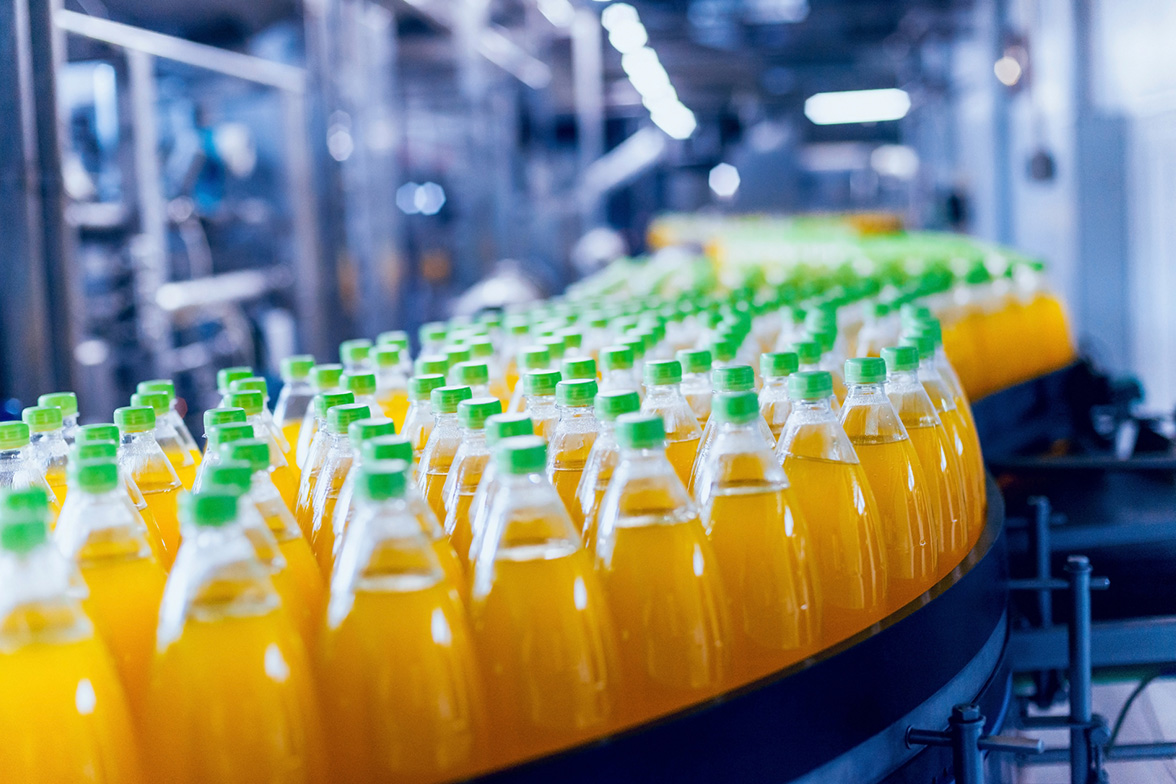
Image Source: Canva
Developing Your Unique Beverage Concept
For anyone thinking of starting a beverage company, coming up with a unique product that appeals to customers is key. Thoughtful product development and strategic branding will help your beverage startup find success.
-
1. Craft your Recipe
A delicious recipe is the starting point for starting a beverage business. Experimenting with unique flavor combinations, sourcing high-quality ingredients, and engaging with current consumer trends will have customers raving about your brand and product.
-
2. Prioritize Branding in Packaging
As you can imagine, packaging plays a major role in the perception of your beverage startup. Choose packaging that reflects your brand identity and appeals to your target demographic, while being visually appealing and functional.
-
3. Pilot Test Your Drink
Conduct pilot testing to gather feedback on your product’s taste, texture, and impression. Use the feedback you receive to fine-tune your recipe and packaging before launch. Joining festivals and local events where potential customers can sample your product is a chance to gain exposure and hear what people say about you in real time.
-
4. Reinforce Your Brand Message
Establishing a strong brand identity is key to communicating your values and reaching consumers. Craft a compelling brand story highlighting what sets you apart and differentiates your product from the competition.
Creating a Beverage Startup Business Plan
Whether you’re starting a soda company, bottling kombucha, or selling craft beer, a detailed business plan is the first step. This plan serves as the roadmap for your goals, strategies, and financial decisions.
Here’s a checklist to ensure your business model covers all the bases:
Executive Summary:
- Company Overview
- Mission Statement
- Products and Services
- Market Analysis
- Competitive Advantages
Marketing and Sales:
- Marketing Channels
- Sales Strategy
- Branding and Positioning
Company Description:
- Legal Structure
- Ownership
- Location
- History (if applicable)
Operations Plan:
- Manufacturing Process
- Sourcing and Procurement
- Distribution and Logistics
Market Analysis:
- Industry Overview
- Target Market
- Market Size and Growth
- Trends and Opportunities
Management Team:
- Key Personnel and Their Roles
- Experience and Expertise
Products and Services:
- Startup Costs
- Funding Sources
- Projected Revenue and Expenses
- Detailed Descriptions of Your Beverages
- Unique Selling Propositions
- Pricing Strategy
Financial Projections:
- Key Financial Metrics
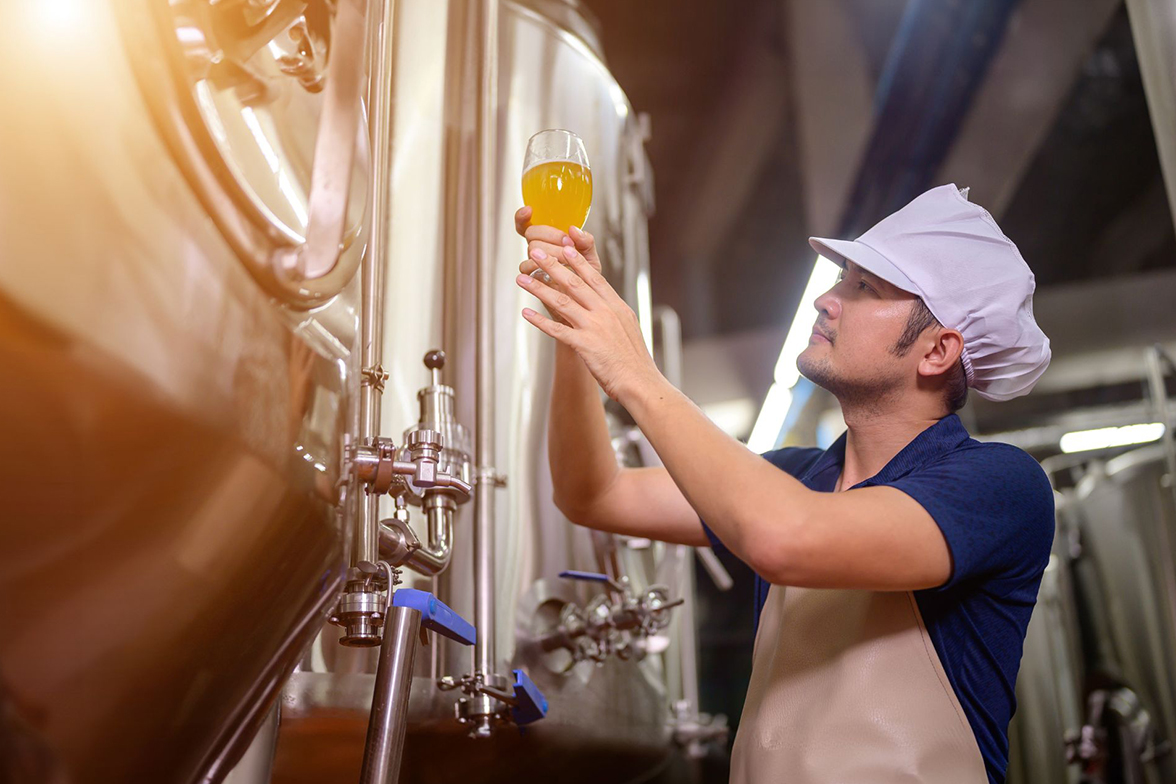
Image Source: Shutterstock
Navigating Legal and Regulatory Requirements
It’s important to understand and comply with various legal and regulatory requirements if you’re starting a beverage company. As you map out your business plan, keep the following in mind:
- Business licenses and permits: Check which ones you need based on your location and business structure.
- Formula approval and labeling: Ensure your beverage formula and labeling comply with FDA regulations.
- Health and safety permits: Obtain necessary permits to ensure your production facility meets health and safety standards.
- Alcohol and beverage production licenses: If producing alcoholic beverages, secure the appropriate licenses.
Consult with legal advisors or industry experts in the beverage business to ensure you meet all requirements and avoid potential penalties. Resources like the Alcohol and Tobacco Tax and Trade Bureau (TTB) and your local Small Business Administration (SBA) office can provide valuable guidance.
Launching and Marketing Your Beverage Product
You know the market. You’ve got a fantastic product and stand-out branding. Your business plan is airtight. Now, it’s time to launch! Here are some strategies for generating buzz and launching your beverage the right way:
- Digital Marketing: A user-friendly website, strong SEO, and targeted ad campaigns help you reach your target audience online.
- Social Media Engagement: Build anticipation for your beverage business with engaging social media content, like interactive contests or behind-the-scenes videos.
- Influencer Partnerships: Working with influencers that align with your target audience can widen your reach and increase your credibility with authentic reviews.
- Pre-Launch Campaign: Turn up the excitement before your drink’s launch with sneak peeks, early bird discounts, or limited-edition packaging releases.
- Launch Events: Host events or partner with retailers to create in-person experiences that introduce your product to the public.
- Build a Community: Interacting with customers online and offline will create a loyal customer base of brand advocates for your beverage business.
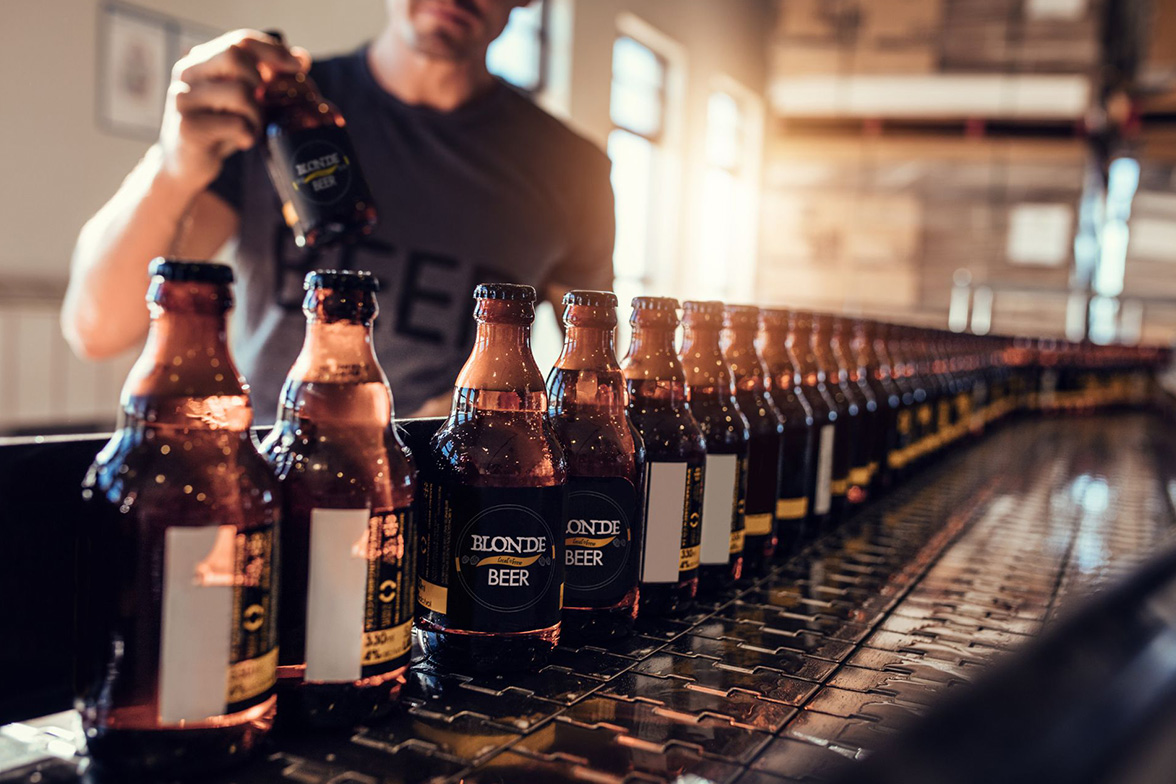
Image Source: Shutterstock
Partner With Beverage Industry Logistics Experts
Figuring out how to start a beverage company is complicated enough. Running it should be easy. Working with the right shipping services and logistics provider allows you to focus on bringing your beverage vision to life in a competitive market.
Brew Movers’ white-glove carrier network specializes in beverage, ingredients, and equipment. Trust us to be your beverage startup partner, providing the solutions and expertise that will establish and grow your business. Contact us today, and let us take your beverage brand to the next level.



